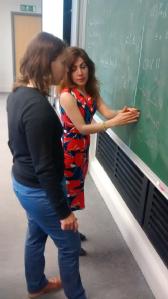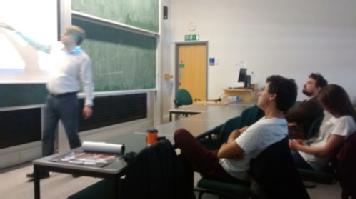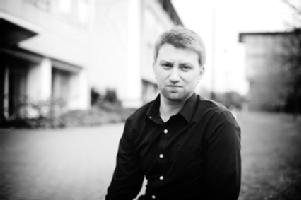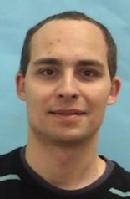Data Science News
DIMAP Logic Day 2015

On June 1st 2015, our Division of Theory and Foundations, jointly with DIMAP, organized DIMAP Logic Day 2015. The goal of the event was to bring together the UK community of researchers and graduate students interested in the study of logics, automata and games.
The event had an outstanding list of invited speakers from leading academic institutions and research labs (Nathalie Bertrand, INRIA Rennes; Antonin Kucera, Brno; Slawomir Lasota, Warsaw; Davide Sangiorgi, Bologna, INRIA Sophia Antipolis; Sylvain Schmitz, Cachan, INRIA Saclay, Warwick; James Worrell, Oxford) presenting recent advances in logic in computer science, and attracted over 40 participants from the UK and abroad.


Graham Cormode and Dan Kral awarded ERC Consolidator grants


The European Research Council (ERC) has just announced that two Warwick Computer Science Professors, Graham Cormode and Dan Kráľ, have been among the winners of its Consolidator Grant competition. ERC Consolidator Grants is funding 372 top mid-career scientists with €713 million to pursue their best ideas, as part of the European Union Research and Innovation programme Horizon 2020. Grants are worth up to €2.75 million each, with an average of €1.91 million per grant. The funding will enable them to consolidate their research teams and to develop their most innovative ideas.
Graham Cormode has been awarded an ERC Consolidator grant for a project entitled "Small Summaries for Big Data". The project focuses on the area of the design and analysis of compact summaries: data structures which capture key features of the data, and which can be created effectively over distributed data sets. The project will substantially advance the state of the art in data summarization, to the point where accurate and effective summaries are available for a wide array of problems, and can be used seamlessly in applications that process big data.
Dan Kráľ has been awarded an ERC Consolidator grant for a project entitled "Large Discrete Structures". The project will advance theory of combinatorial limits, which combines methods from analysis, combinatorics, computer science, group theory and probability theory to analyze and approximate large discrete structures (such as graphs, which can be used to represent large computer networks). The project will lead to proposing new mathematical methods to represent such discrete structures and to applications of the new methods to specific problems in extremal combinatorics and algorithm design.
EATCS Fellowship for Artur Czumaj
Professor Artur Czumaj has been made an EATCS Fellow for "contributions to analysis and design of algorithms, especially to understanding the role of randomization in computer science”.
